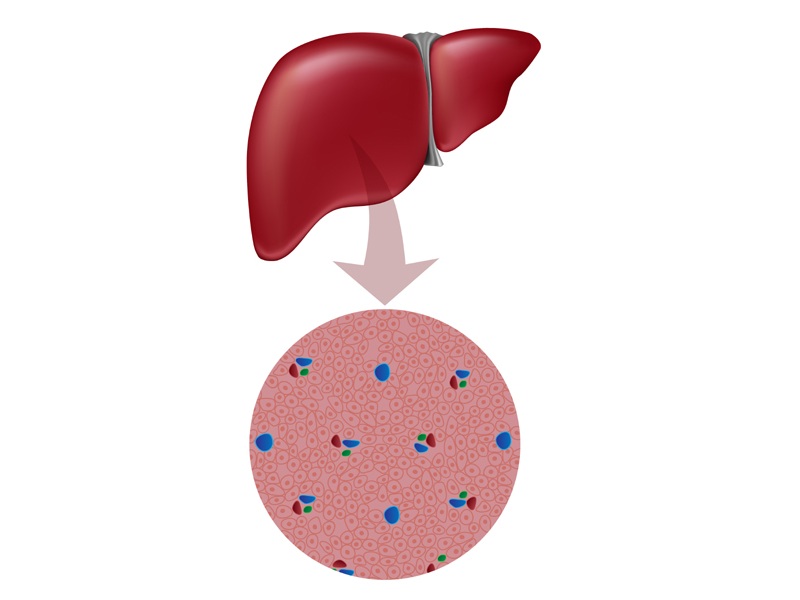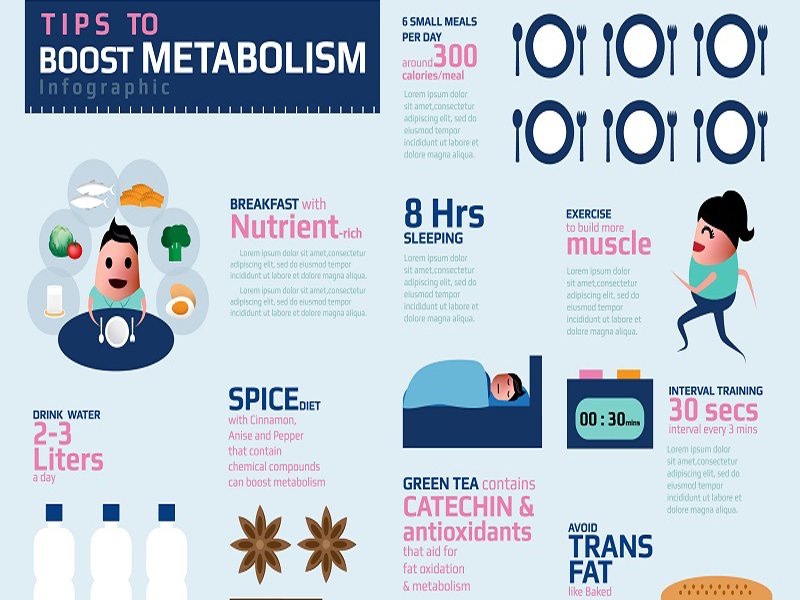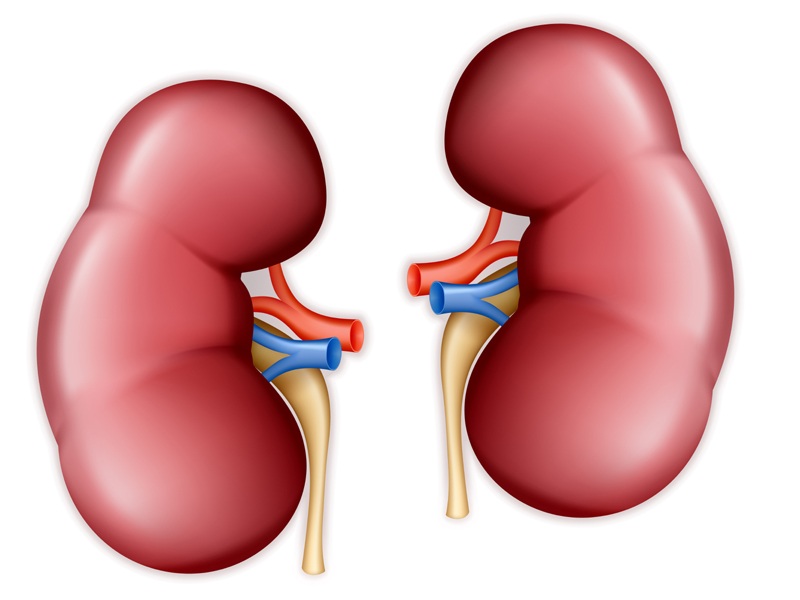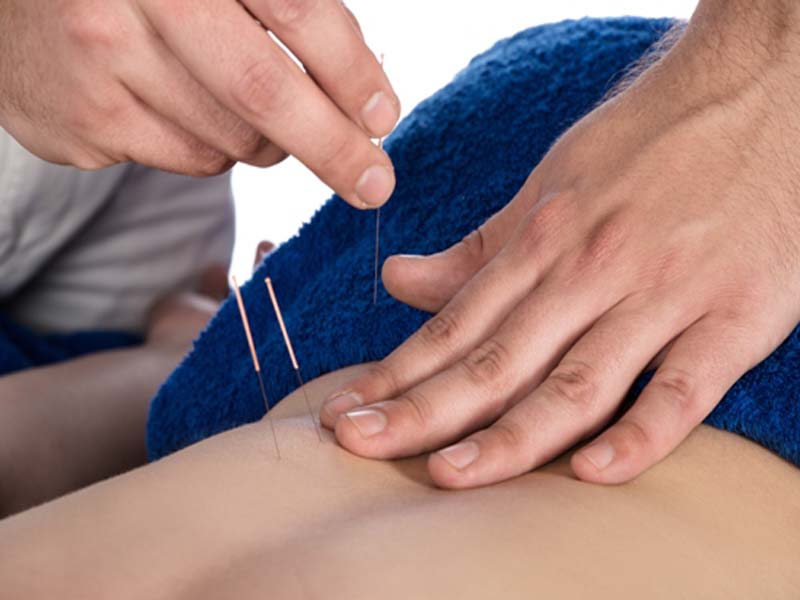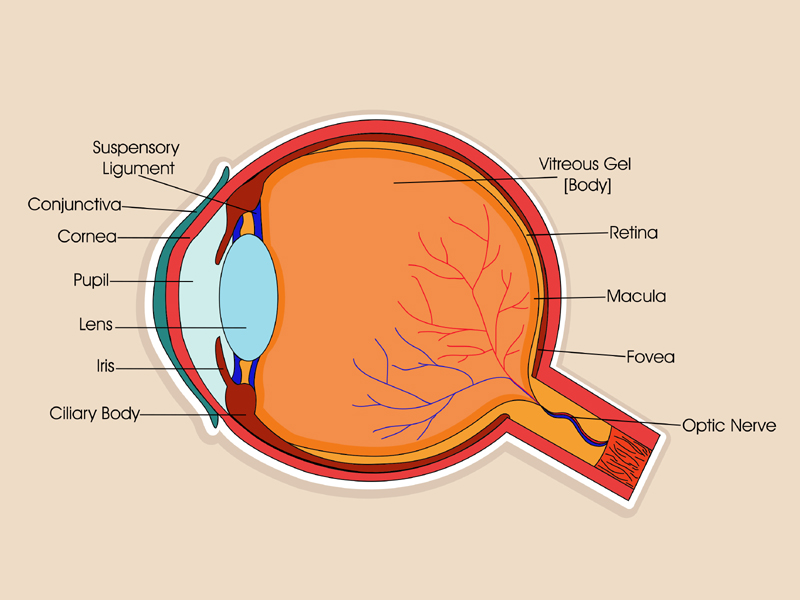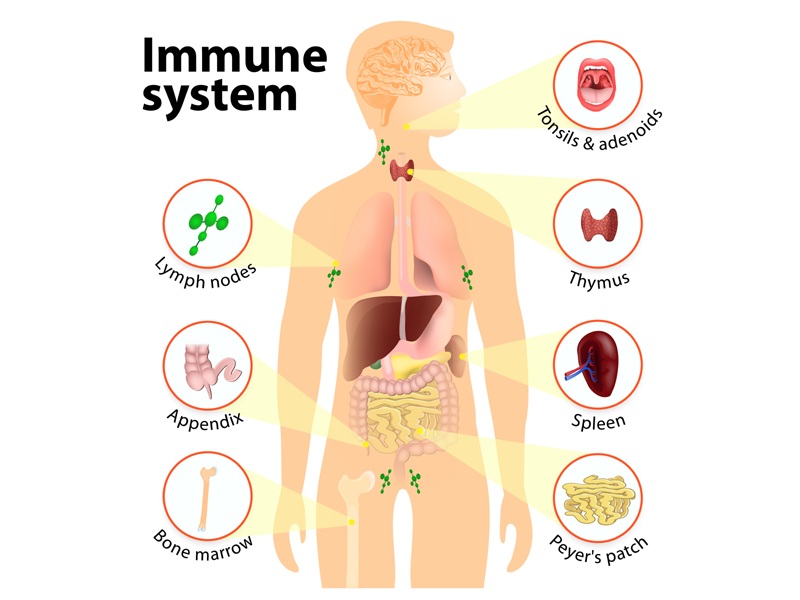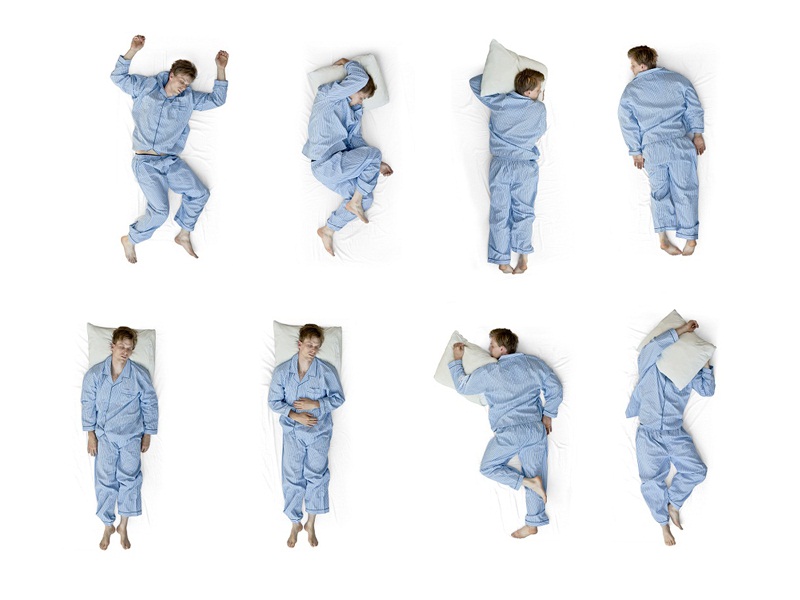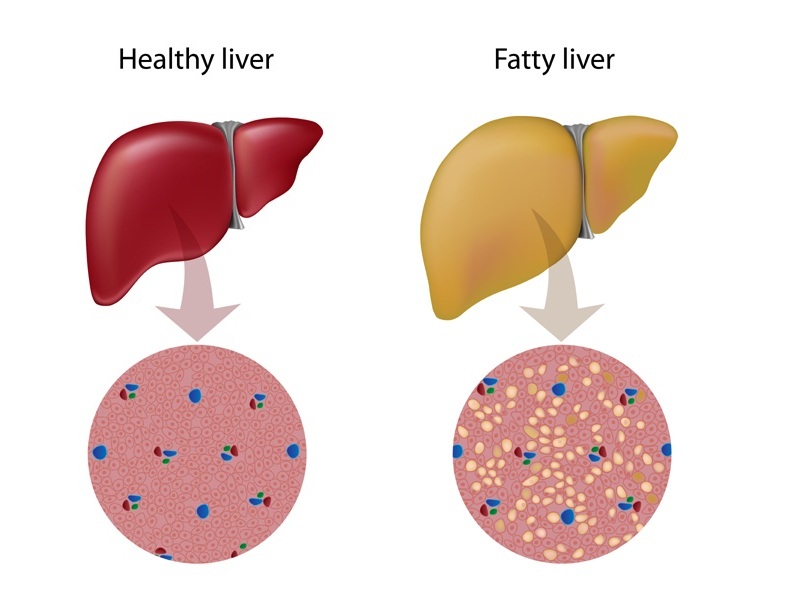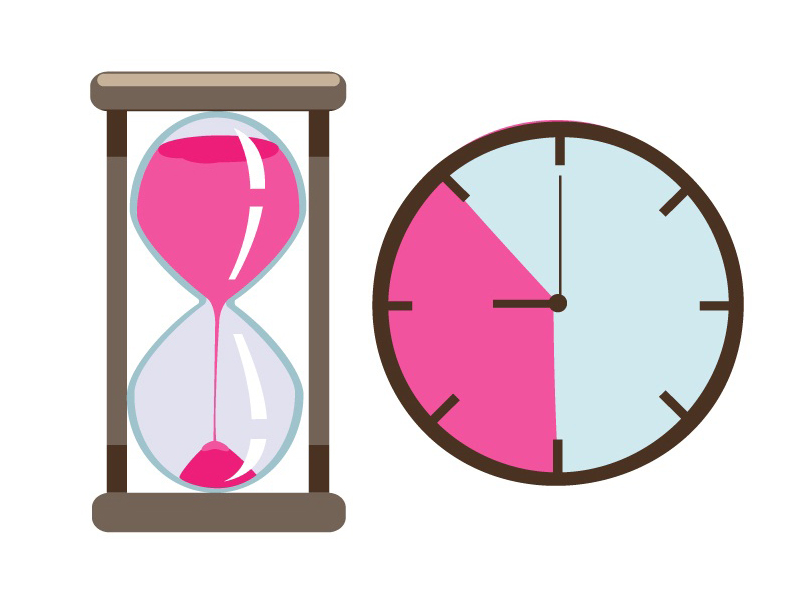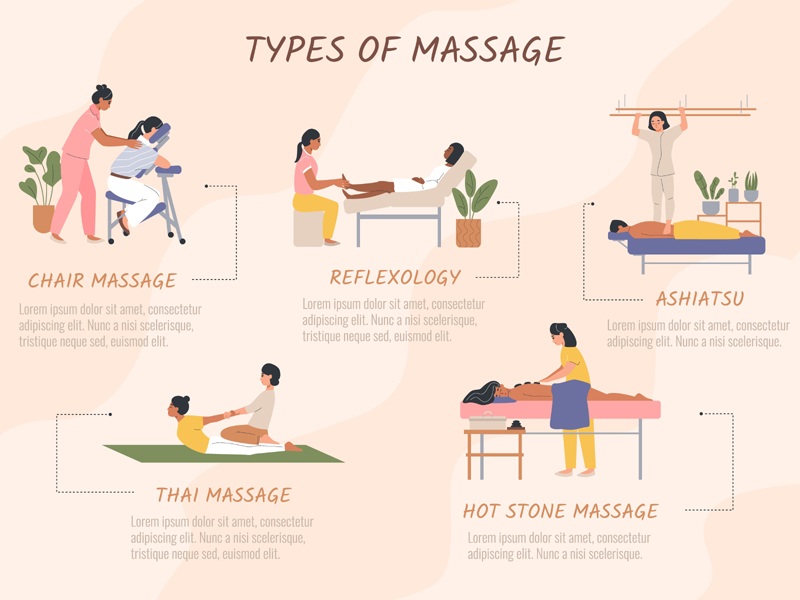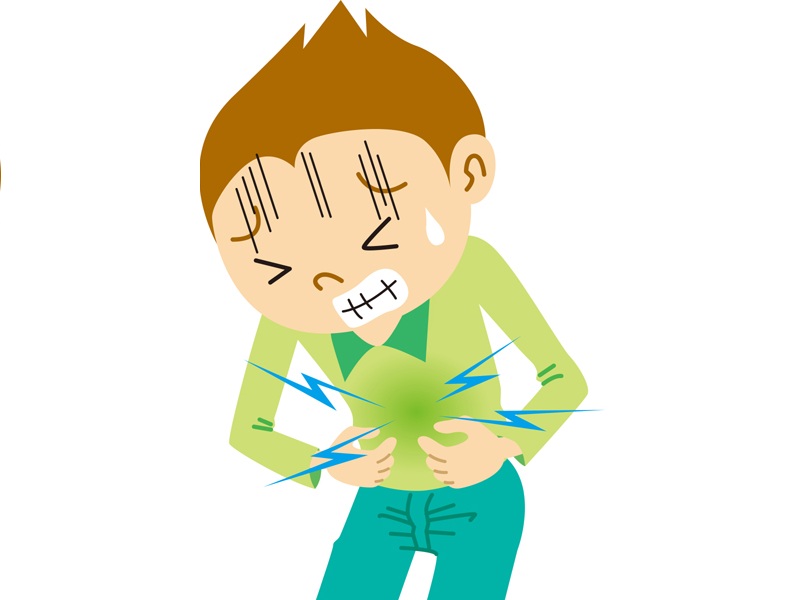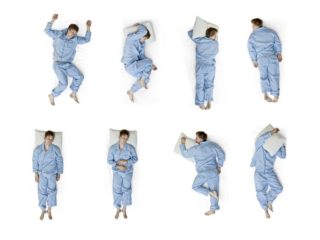Are you frustrated about your sleep? Of course, receiving too little sleep is not fine for you, but getting too much sleep can basis of lots of problems too! Sleep is the normal condition of unconsciousness that most animals and humans incur, whereby their attentive voluntary body course is condensed. It is a possibility for the physical body to renovate itself because of the nervous system to the muscular system.
For a number of the populace, extreme sleepiness really gets in the method of daily work, still leisure activities plus childcare. This is recognized as hypersomnia, repeated sleepiness which makes people desire to nap frequently, still at work.
Best Tips To Control Sleep:
1. Change Your Lifestyle:
a) Quit Smoking:
Nicotine is a tonic, and as a result, it prevents you from falling asleep.
b) Attach to a Sleep Schedule:
Sticking to a sleep schedule will acclimatize your body to a sleep-wake cycle along with help to endorse healthier sleep.
c) Change Old Mattress:
In condition your mattress is old (more than 6-7 years) it is time to swap it to a newer one.
d) Heat:
The ideal temperature for your bedroom is about 70°F or 21°C.
e) Switch Off Electronics:
In your bedroom, there must be no false light. Still, the little LED lights can bother your sleep. In addition, shun bright light for 1-2 hours before leaving for bed (like TV).
f) Eating Dinner:
Wait at least 3 hours later than intake your dinner earlier than going to sleep.
2. Get Sufficient Nighttime Sleep:
That can sound clear; however, many of us give way to shaving an hour or two off our sleep time at sunrise otherwise at night, to do other things. Nearly all adults need 7 to 9 hours a night, and teenagers frequently need 9 hours. Block out 8 or 9 hours of sleep every night.
See More: How To Control Snoring
3. Exercise:
Keeping your blood flowing throughout the day can keep your body in shape and your sleeping habits healthy. If your job doesn’t permit you to get some kind of physical activity, attempt jogging or yoga before dinner. Still, don’t work out before bedtime otherwise it will make it harder to drop sleeping.
4. Complete a Sleep Record:
Recording your sleep patterns and the behaviours you engage in before you try to attend sleep will help you determine your trigger for a good or poor night’s sleep. You will also observe the relationship between your level of alertness throughout the day and the quantity of sleep you get every night.
5. Be Healthy:
By replenishing the vitamins and nutrients in your body, you can stay physically on track. Swallow large amounts of water as dehydration can make you overtired and harder to wake at sunrise.
See More: First Aid For Heart Attack
6. Keep Distraction Out of Bed:
Keep your bed used for sleep. You shouldn’t study, watch TV, play video games, or use a laptop computer in bed.” Avoid any intense discussions in bed either. They might leave you sleepless.
7. Wake up and Perform Something:
One time you have to complete your routine and get moving. Stroll to work; otherwise, if you drive, park a bit out, plus take the stairs up. On the weekend, you can go for a walk or vacuum. Whatsoever you do find your blood moving. It will allow you to clear mental cobwebs left by sleep and settle into alertness.
9. Check With a Physician if Essential:
Your sleep troubles might have a physiological basis that a physician can diagnose plus treat. (However, be aware that many sleep medications can have counterproductive side effects.
In conclusion, mastering control over your sleep patterns is a journey toward enhanced well-being and productivity. By implementing the techniques and strategies outlined in this article, you can take charge of your sleep, regulate your sleep schedule, and improve the quality of your rest.












